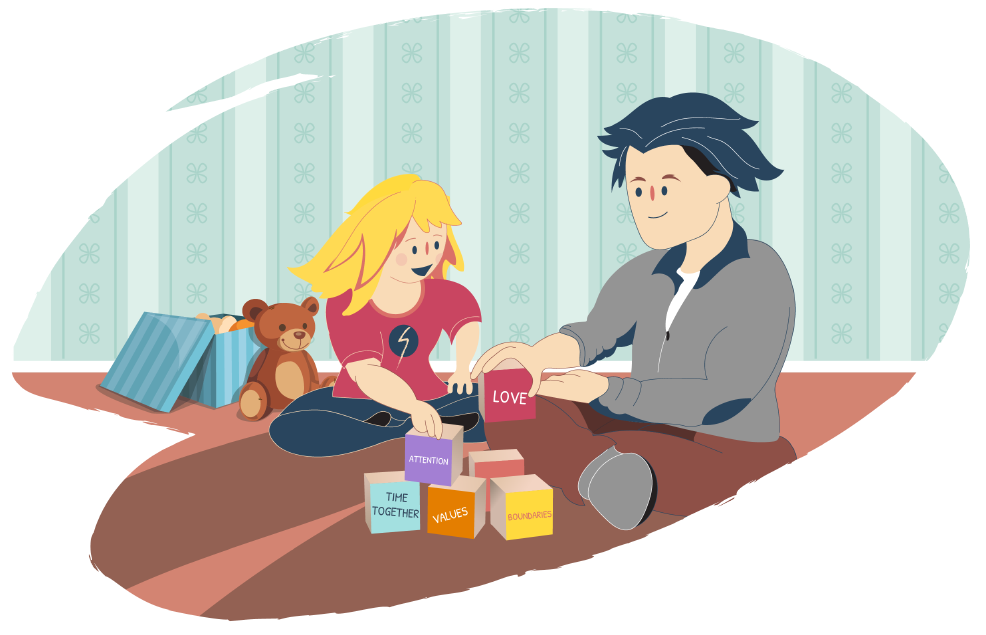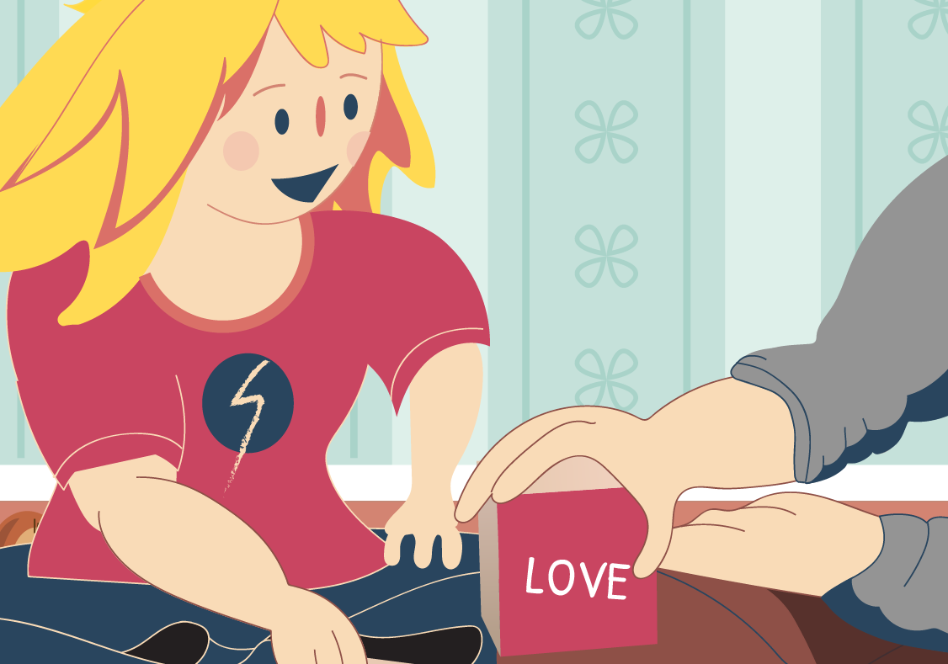Building healthy family relationships
Healthy family relationships are important for your child’s wellbeing and development. Building strong family relationships supports them to cope with challenges and to learn to be independent.

What is family?
There are many different types of families.
Family is said to be a place we feel that we belong
Traditionally families were based on biological or marital connections
There are many different types of families - with and without biological or marital connections
Our culture can influence what the word family means to us
Some cultures have more extensive networks that they call family than others
“Parenting can be frustrating but when I stay calm and really listen to what my child is saying, something shifts and we understand each other a little better”
- Mother of 7 and 10 year old
Healthy family relationships have a positive impact on your child
Healthy relationships between family members means that your child feels loved, safe, secure and supported as they grow into independent adults.
Supporting healthy family relationships as a parent can mean:
Some practical tips for building stronger families
We know that healthy family relationships support your child’s wellbeing and development.
Here’s some tips and strategies you can try at home with your kids:
Set a positive example by being respectful and kind toward others
Give clear and consistent boundaries so your child knows what's expected
Learn about child development and what is typical behaviour for your child’s age
Try and remain calm in front of your kids during challenging situations
Use time together to have conversations with your child
Strike a balance between work and family to reduce stress
Regularly spend time together
Seek a healthy outlet for your frustrations and worries
Know that as your child gets older they need space to explore and express their independence
Praise your child’s healthy and appropriate behaviour and give specific feedback about what they did well
Look after yourself - it's much harder to support your child when you're tired and run down
Find opportunities to involve your child in family life and decision making that is appropriate for their age
Check these out too:
Building respectful relationships
As a parent, you play an important role in helping your kids ...
READ MECommunication tips
Young people often tell Kids Helpline they find it difficult to communicate ...
READ MECultural differences and conflict
Our kids’ wellbeing is impacted by cross cultural issues, often through discrimination ...
READ MEHow Parentline can help you
Parenting can be a tough job but also really rewarding. Talking to ...
READ METalking helps! We’re here for your kids.
No problem is too big or too small.
We're here 24 hours a day, 7 days a week






